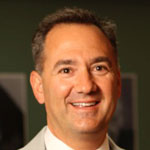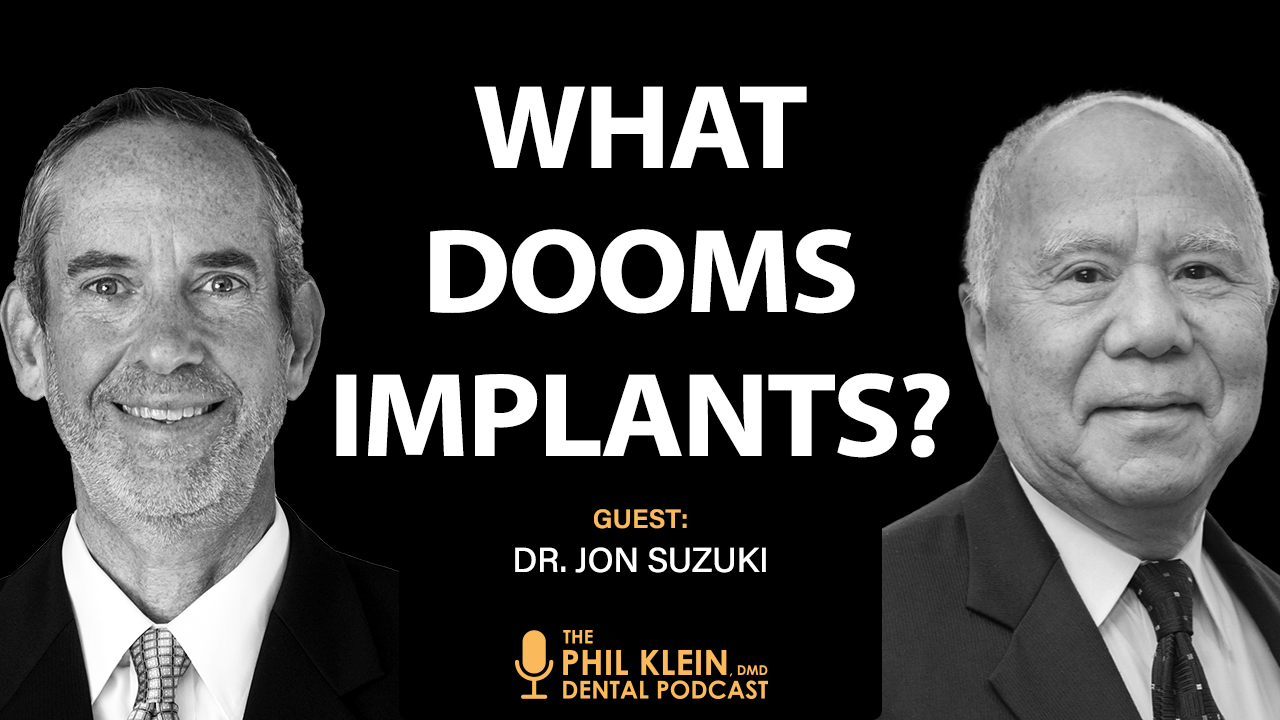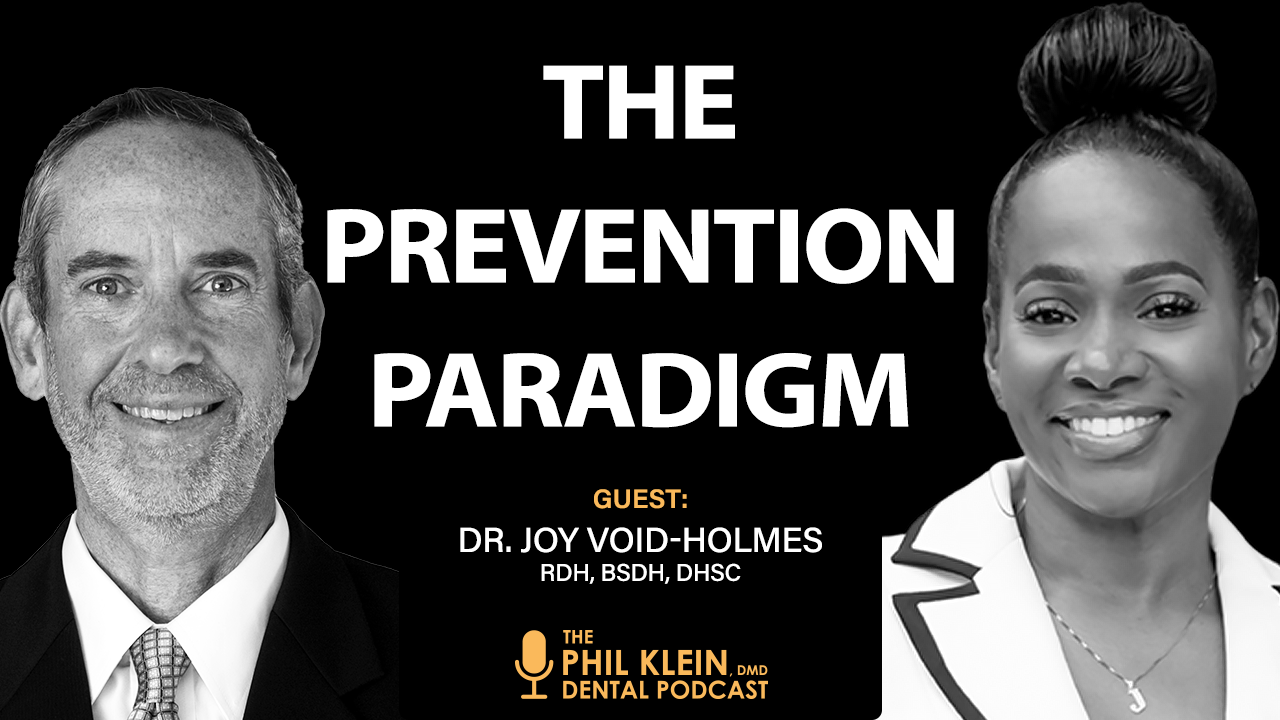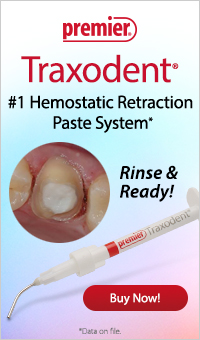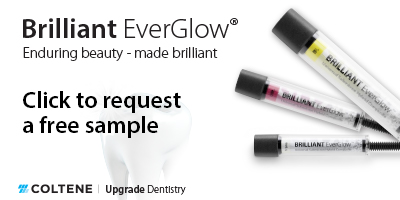
Advice for New Dentists Who Want to Succeed

You finally finished dental school and, perhaps, a residency. Your head is crammed with knowledge and you’re excited to launch your career. Woo hoo! What advice do established dentists have for you regarding how to make your new practice a success?
To answer that question we spoke with Dr. Devin McClintock, a
cosmetic dentistry specialist who completed two residencies (general practice
and cosmetic) after graduating with honors from the State University of New
York at Buffalo School of Dental Medicine.
Deepening your learning starts in dental school
Before we address advice for recent graduates and those who are relatively new in their careers, let’s first consider how dental students can get the most out of dental school and be better prepared for the real world when they graduate.
“I always tell [dental students],” Dr. McClintock states,
“work with the faculty that nobody wants to work with. Usually they’re
difficult to work with because they know their stuff, and they’re not going to
let you slack. If you really, really want to learn, learn from the people who
aren’t going to let you slide, that are going to hold you accountable and kind
of force you to do things the right way, so you understand not just how to
do things, but why we do things a certain way.”
Continuing education is vital
Even if you do work with the more demanding faculty members, Dr. McClintock asserts that, “The real dentistry starts outside of dental school. Social media will tell you everyone’s perfect right out the gate. But you only have four years to try and learn as much as possible. And a lot changes in dentistry. It changes year to year, let alone decade to decade.”
Continuing education can address this deficit, while also giving you a deeper understanding of both materials and procedures.
Continuing education is particularly important if you want to specialize. “If you are passionate about something, it’s important to follow your own drive there,” Dr. McClintock emphasizes. “Find the resources. Find the organizations, the academies that are going to help support you. Find those smaller hands-on courses that are going to be able to provide you with that knowledge base and that foundation that you are interested in having.”
When should you start taking continuing education courses? Surprisingly, Dr. McClintock recommends that dental students start before they graduate – especially if they’re considering a specialty area.
“There are so many resources available to dental students at
a significantly discounted rate,” Dr. McClintock points out, “which is just an
added bonus. Get ahead of the curve! It’s so overwhelming when you’re in dental
school, and I can totally relate to that. But if there is a certain area that
you’re interested in, especially if you’re thinking about specializing in
something like surgery or pediatrics, getting that extra exposure will give you
that experience to decide if specializing is something you really want to do.”
A mentor can help fuel your success
“I never give a lecture or talk to a dental student without first talking about mentorship,” Dr. McClintock shares. “I think that is the key. Regardless of what your subspecialty is, have good mentors around you.”
How do you find a good mentor? The starting place, says Dr. McClintock, is to make yourself someone worth mentoring. Then reach out to the people you’d love to have as your mentors. “Show those people you’re passionate,” she advises. “Reach out to people, go to meetings, make connections, go ask questions. If someone puts their email up, send them an email message.”
In other words, you have to make the effort. Your ideal
mentors are not actively seeking you out. You have to find them.
Good systems make dentistry more efficient and effective
“For me,” Dr. McClintock observes, “systems are so key. When you’re developing systems for your everyday practice, let them be flexible. Figure out what’s going to work and what’s not going to work.”
You can have systems for every repeatable aspect of what you do. For example, what are your protocols for rubber dams? When do you place the rubber dam? How do you place it? Are you going to just use a stock dam with a single hole? Can you train your staff to place the rubber dam exactly how you want it placed?
In addition to addressing procedures, you should also have a system for choosing the products that you will use in your practice. Dr. McClintock uses a multi-pronged approach. She reads peer-reviewed literature, takes CE courses, asks mentors, talks to peers and learns about the level of support they offer. Before making a decision, though, she feels it’s extremely important to try the material out yourself.
“I definitely think,” she says, “getting your hands on products is without a doubt the best way to really understand products. Because ultimately it doesn’t matter what works best in my hands. It matters what works best in your hands. I’ve attended a lot of CE courses that use materials from a bunch of different companies. That way participants can play with the composite from this material, from this company or that company.”
When it comes to adhesive materials, Dr. McClintock’s systematic
approach to materials selection led her to BISCO All-Bond Universal®.
“The thing I personally love about it the most,” she acknowledges, “is that
it’s a single bottle. So I don’t have to worry about mixing two bottles or
doing a primer and then an adhesive. And I’ve just had really, really good
results with that. I also am a big fan of their etch, because it’s very
viscous. This comes down to that handling ability where it stays put so I don’t
have to worry about it running into the dentin and causing some sensitivity
that way.”
Learn to get the most out of each material you use
Another piece of advice: Don’t assume you know the best way to use a material. Ideal techniques can differ from one brand or product category to the next. How do you figure this out? You can watch the webinars, talk to the reps for the different companies, read the instructions for use (IFUs) and/or call the company’s technical support department.
For example, “Say you have adhesive X,” Dr. McClintock
notes, “but I use adhesive Y. If I’m telling you the best way that I have found
to use adhesive Y, my advice might not be the best technique for adhesive X. It
might be very similar. It might be maybe you do two coats of each, but you air
thin between two coats, or you air thin after both coats. There are subtle
differences. How are you going to get the optimal for your patients?”
Conclusion
As Aristotle said, “The more you know, the more you know you
don’t know.” In dentistry, you might say that the more you practice, the more
you’ll understand the importance of continuing education, mentorship and
systems – three of the keys to success as a dentist.





